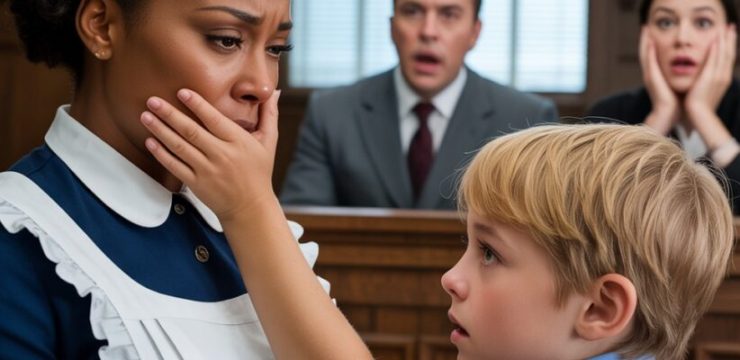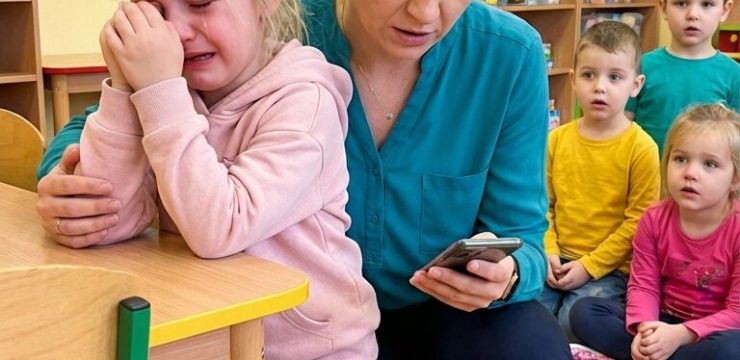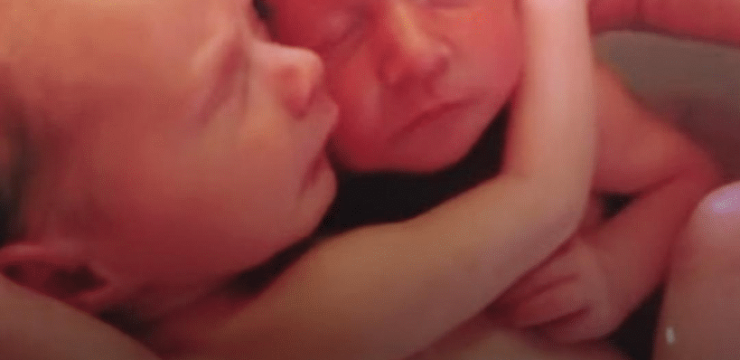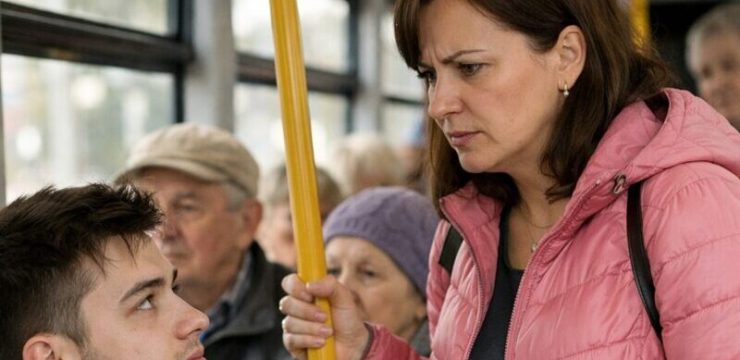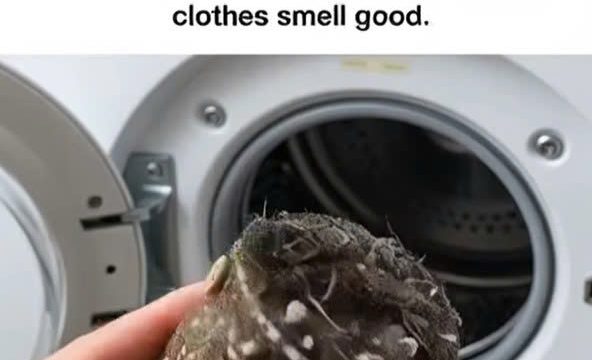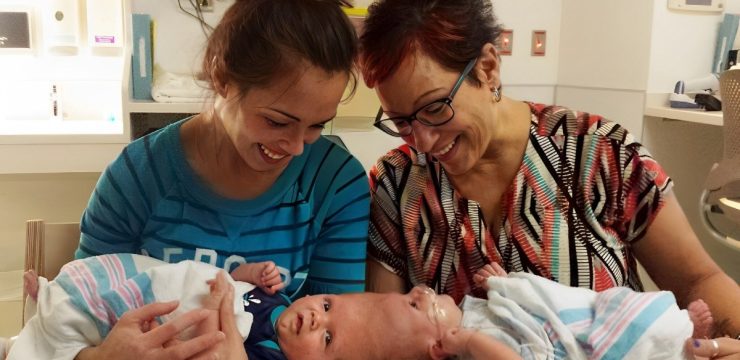The morning after everything fell apart felt strangely quiet, almost like everyone in the house had silently agreed to pretend the night before never happened. Derek, Mom, and even Dad moved around with stiff politeness, speaking in soft voices and offering half-formed apologies that didn’t come close to the weight of what had happened. Their words floated around the room like smoke—visible for a moment, then uselessly fading into nothing. I didn’t have the energy to respond. My entire focus was on Lucas, whose eyes were still puffy and red from crying himself to sleep.
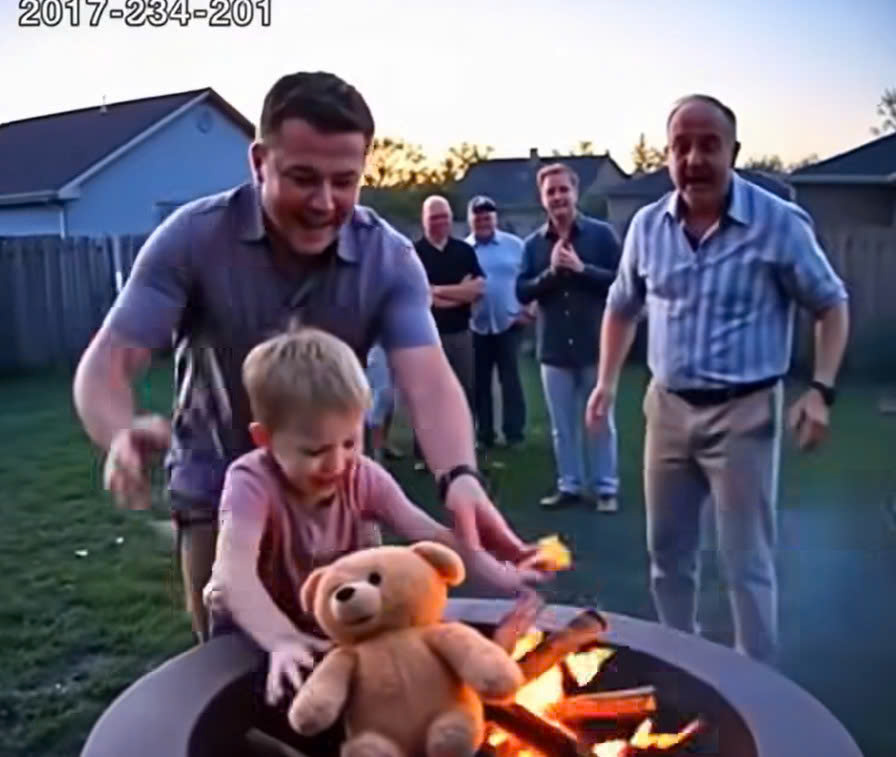
I made him breakfast and tried to create some sense of normalcy, even though the day already felt cracked down the middle. He pushed his food around his plate and barely ate, but I kept my voice calm, promising him we would replace his lost toys. I knew new things could never carry the same history as the ones he’d loved, but I also knew he needed reassurance, something to hold onto after watching pieces of his world melt away right in front of him. Toys are more than objects to kids; they are companions in their little stories, tiny anchors in a big, unpredictable world.
Later, as Lucas quietly played with the few toys he had left, the doorbell rang. I wiped my hands on a towel and opened the door to see Dad standing there, tension written in every crease of his face.
“Please,” he said softly, “you need to talk to your brother. Derek’s in trouble at work. He could lose his job. I know things aren’t good between you two, but he needs your help.”
I looked him in the eyes, feeling a mix of exhaustion and clarity settling in. “I know,” I said, letting out a breath. “That’s actually part of the plan.”
He blinked in confusion. “What does that mean?”
“It means Derek has to face the consequences of how he treats people,” I said. “He’s gone through life assuming someone would always fix the damage he causes. Maybe this time he needs to feel what happens when people stop doing that.”
Dad shook his head. “You can’t just let this happen. You’re his brother.”
“Am I?” I asked, the words slipping out sharper than I meant. “Because last night made it pretty obvious where I stand in this family. I’m the quiet one—the ‘soft’ one. But maybe that’s not a weakness. At least I don’t tear down the people I love.”
Dad didn’t argue. He just stood there, looking as if he’d been forced to see something he’d avoided acknowledging for years. Patterns don’t form in a day—they’re built slowly, over time, until they feel normal even when they shouldn’t.
After a moment, I softened. “I’ll talk to him. Not because he deserves it right now, but because Lucas deserves to see that choosing kindness is always an option, even when it’s hard.”
Dad’s shoulders sagged with relief. “Thank you, Virgil.”
When he left, I sat in Lucas’s room for a while, watching him line up the few toys he still had. His little face was serious, focused, trying to rebuild something that had been taken from him. The stillness in the room wasn’t peaceful—it was fragile. But inside that fragile space, I felt a small spark of determination. Something had to change, and it had to start today.
Later, I met Derek at a café. The moment he walked in, he tried to cover his uneasiness with that familiar swagger, but it didn’t work. His eyes gave him away—tired, jittery, weighed down.
“You really doing this to me, Virge?” he snapped. He tried to sound angry, but desperation cracked through the words.
“This isn’t about work,” I said. “It’s about why you’re in this position in the first place. Last night wasn’t just about toys melting—it was about the way you treat people. You think being tough makes you strong. But real strength isn’t about control or intimidation.”
He scoffed, looking away. “And what if I don’t want to change?”
“Then you’ll keep losing the people who care about you,” I said, standing up. “And that’s something only you can fix.”
As I stepped outside, sunlight hit my face, and I let myself hope—just a little—that he’d actually hear what I said. Because strength without empathy isn’t strength; it’s just a shield we use to avoid growing.
When I got home, Lucas ran into my arms with a hug so tight it almost knocked the breath out of me. In that moment, something shifted. I felt a tiny spark of hope, not for Derek’s immediate transformation, but for the possibility that our family could choose a different path moving forward.
The truth is, what happened to Lucas’s toys wasn’t just an accident—it was a magnifying glass held over our family’s deeper issues. It forced all of us to confront the uncomfortable reality that emotional responsibility matters just as much as any apology. By choosing patience over anger and conversation over retaliation, I hoped to show Derek that real power lies in empathy and self-awareness.
And for Lucas, the ordeal became a quiet but meaningful lesson: even when people disappoint us, healing can begin with kindness, honesty, and the courage to break old patterns.
